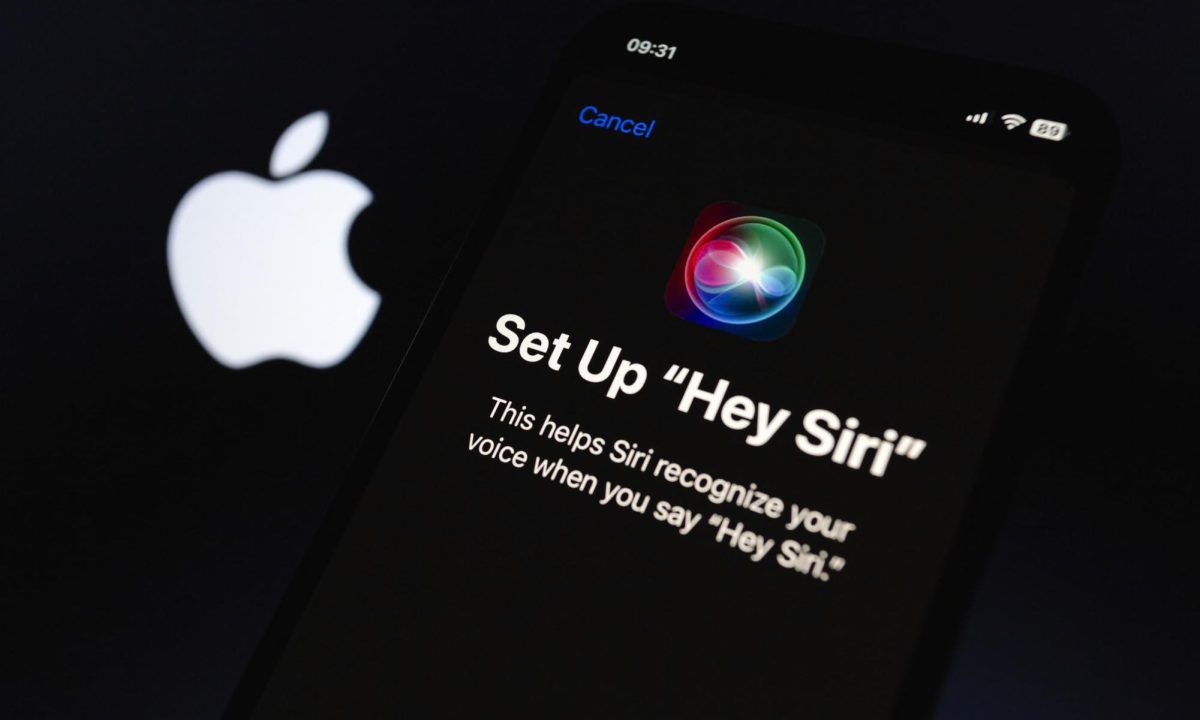If you’ve ever wondered “Does my phone listen to me?” the answer is — it does.
A lawsuit filed last December claimed that Siri listened to users’ conversations and sold information to advertisers.
Users claim the eavesdropping AI agent uses a voice activation system, which has a reputation for turning on randomly throughout the day. This fluke has collected information from people all over the world, according to the lawsuit.
Owners of Apple products that use Siri claimed that after talking about something they were interested in or thinking about buying, they would almost immediately get an advertisement for that product.
“One time I was talking to my friend about Wingstop, and my TikTok kept giving me ads for it over and over again,” junior Alexia Gipson said. “It gets really repetitive.”
While Wingstop ads don’t sound that intimidating, the behind-the-scenes work is more concerning. Experts say Apple takes the information they get from people’s conversations and sells it to businesses who then flood iPhone users’ feed with ads.
“Companies just get more and more greedy because they want you to buy their products,” Alexia said. “I think it definitely could become a bigger problem.”
Though Apple has yet to make a statement on the allegations, they did agree to pay $95 million to settle the conflict. Paired with this, they are also offering to pay compensation for any victims in this case. The compensation amount is $20 per Siri-enabled device. However, this only applies to users who have had a product between Sept. 17, 2014, and Dec. 31, 2024. If you want to be compensated, you have to file a claim for $20 for an unintended Siri activation and eavesdropping.
“I probably would apply for compensation,” junior Kevin Greer said. “They took our information and sold it so I think it’s worth it.”


